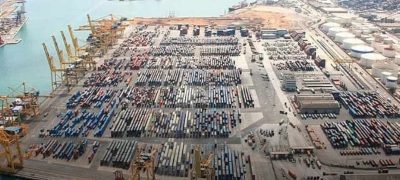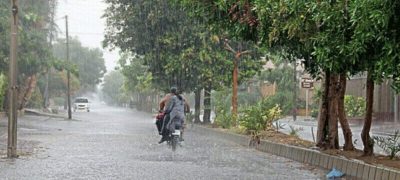OPEC+ announced on Sunday that it would make only a small oil output increase for December and pause production hikes in the first quarter of next year. The decision aims to protect prices amid growing fears of a global supply glut and uncertainty caused by new sanctions on Russia.
Since April, OPEC+ has raised its output targets by nearly 2.9 million barrels per day, representing about 2.7% of global supply. However, the group has slowed its production pace since October, citing predictions of a possible oversupply in early 2026.
Eight key OPEC+ members — Saudi Arabia, Russia, the United Arab Emirates, Iraq, Kuwait, Oman, Kazakhstan, and Algeria — agreed to raise December output targets by 137,000 barrels per day. Beyond that, they decided to pause increases from January to March 2026, a period typically considered the weakest quarter for oil demand.
Analysts say the move reflects OPEC+’s cautious strategy to protect prices and stabilize the market. Jorge Leon from Rystad Energy described the decision as “a calculated blink,” noting that sanctions on Russian oil producers such as Rosneft and Lukoil have created new challenges for supply forecasts.
“By pausing, OPEC+ is protecting prices, projecting unity, and buying time to assess how sanctions impact Russian barrels,” Leon said.
Oil prices had dropped to a five-month low of around $60 a barrel in October but have since recovered to about $65, supported by optimism over US trade discussions and the impact of Russian sanctions.
Experts believe OPEC+ is now managing supply more proactively to avoid price volatility. Amrita Sen from Energy Aspects said the decision demonstrates that the group is prepared to act early to maintain market balance.
The next OPEC+ meeting is scheduled for November 30, where members will reassess market conditions and production strategy to continue efforts to protect prices and ensure stability.
In other news read more about: Finance Minister Vows to Stabilize Prices and Protect Vulnerable Households







